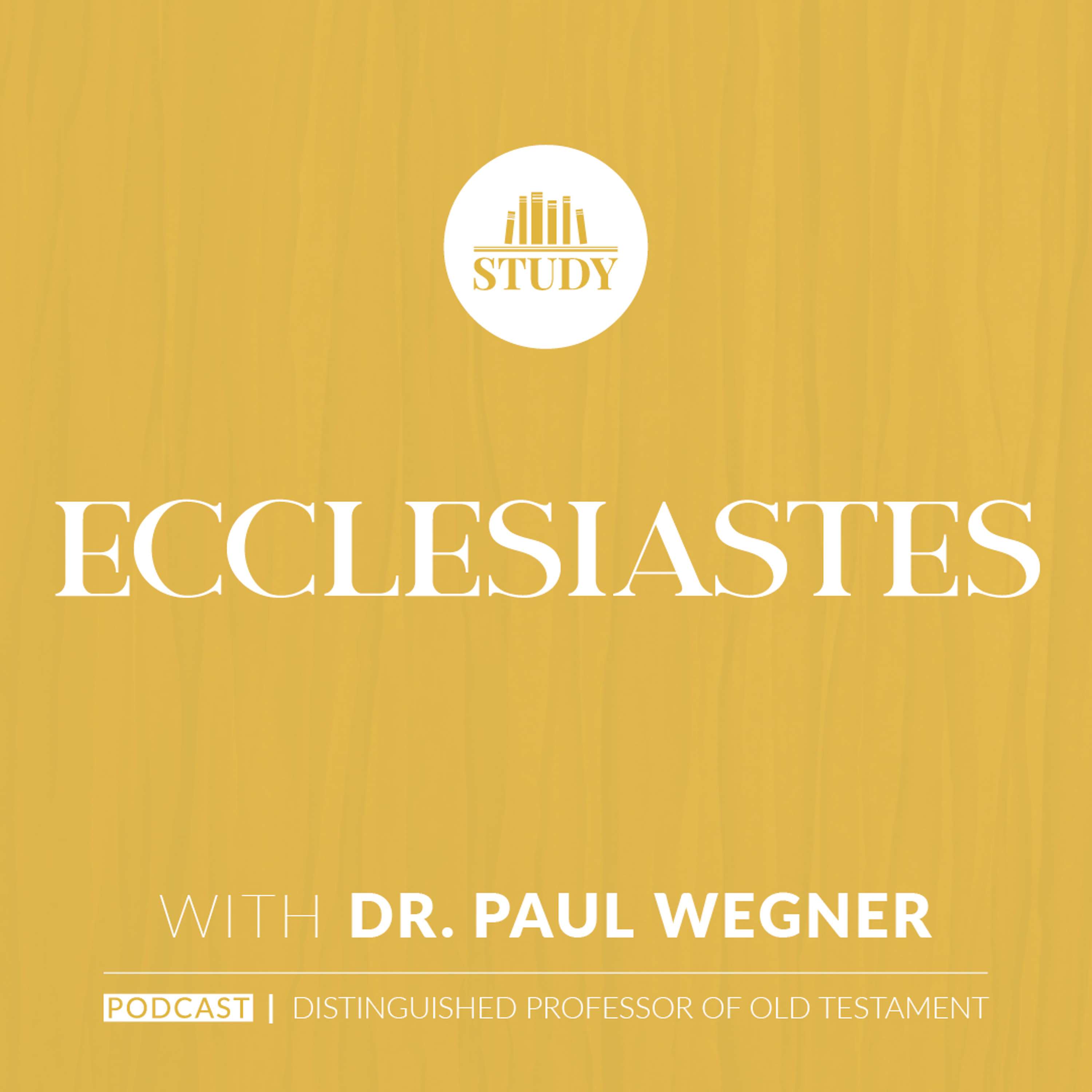Over the past few months, Christian unity (or the lack of it) has been at the forefront of my thinking. One particular verse has captivated me. In Colossians 3:15, the Bible mandates, “And let the peace of Christ, to which you were also called in one body, rule your hearts.”
The word translated “rule” means determine the ruling or make the call. This umpiring allusion connects with me after 25 years of umpiring youth baseball. Umpires make calls and determine rulings. They know the rules of the game, but more importantly, understand the undergirding principles and philosophies which produce the rules. Good umpires use all those inputs to make the call. The best umpires in the world—the guys you see on television—do this instantly in front of millions of people. That takes preparation and discipline.
In light of this, Col. 3:15 might be paraphrased, “Let peace determine your decisions, particularly among believers, to reflect the peace you have in Jesus.” Let peace make the rulings; let peace make the call.
This begs the question, “does this mean peace at any price?” The biblical answer is clear—no. There are at least two broad categories of behavior which may lead to breaking the peace. The first is when a person denies a defining doctrine of the Christian faith. When that happens, the Bible indicates they must be confronted and, if necessary, removed from leadership or even expelled from church membership (for example, Gal. 2:11-14). The second is when a believer is engaged in blatant, habitual, unrepentant sinful behavior (for example, 1 Cor. 5:1-5). In this case, as well, confrontation may lead to separation.
While these are instances when breaking the peace may be necessary, these are also infrequent problems in most churches and Christian organizations. Let’s be honest—most of the issues Christians argue about today are neither threats to the core doctrines defining our faith or examples of unrepentant sin. Most of what believers argue about today are political issues, social policies, and personal preferences. Our debates are more often fueled by our desire to be comfortable or enforce our cultural proclivities.
One factor producing disunity is the mistaken idea there is one Christian perspective on every contemporary issue. There are, to be sure, Christian perspectives (plural) on many (if not most) issues. But when we determine there is one and only one Christian position on every single issue, we create such narrow categories that fewer and fewer people can be in accord with us. We keep drawing our circle smaller and smaller, excluding more and more believers until we are left with a sectarian huddle—not a fellowship reflecting the diversity entailed in the body motif used for the church (for example, 1 Cor. 12).
We can do more to promote unity. Like good umpires, this will require preparation and discipline. Rather than react to every issue, and every issue-driven believer, we must let peace make the call. To press the analogy one step further, when umpires do their job, they expect some flak from bystanders, outsiders, and armchair experts. Good umpires ignore all that, make the right call, and move the game along.
Right now, in very divisive circumstances, Christian leaders must have the same discipline and preparation to take up this challenge and “let the peace of Christ…rule your hearts.” Christian unity is more than an aspirational goal; it’s a biblical mandate we must do our part to fulfill.
Read More

Excerpt — Towards a Clearer Understanding of Jonathan Edwards’s Biblical Typology: A Case Study in the ‘Blank Bible’
Dr. Cameron Schweitzer provides new insights into Jonathan Edwards’s often mischaracterized typology.

Seeing the Unseen
CSBC Women’s Ministry Director Cathie Smith shares how the church can serve the marginalized in its community.
Listen
Wisdom Books | Ecclesiastes
A common misconception about the book of Ecclesiastes is that it is very pessimistic. In actual fact, there is great comfort throughout the book that while life without God is meaningless, there is great satisfaction found when we cling to the Lord, and only to Him.

Ministering in Finland
Mikko Sivonen, Academic Dean of the Agricola Theological Seminary in Finland, joins Dr. Hopkins to discuss working as a missionary in a place where people are predominantly a different denomination than you. You can learn more about Mikko’s work here www.agricolasemin

Watch

Jonathan Edwards and the Asbury Revival
Chris Chun and Chris Woznicki discuss the signs of true revival, signs of the work of the Holy Spirit, and why it is important to critically assess the characteristics of revival in a spirit of charity.

Jonathan Edwards and the Baptists | Douglas Sweeney, Nathan Finn and Chris Chun
Dr. Douglas Sweeney and Dr. Nathan Finn joined Dr. Chris Chun for a panel discussion on Jonathan Edwards, recorded live at the SBC Annual Meeting in Anaheim.




